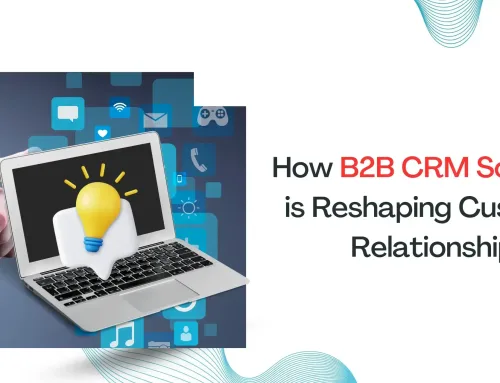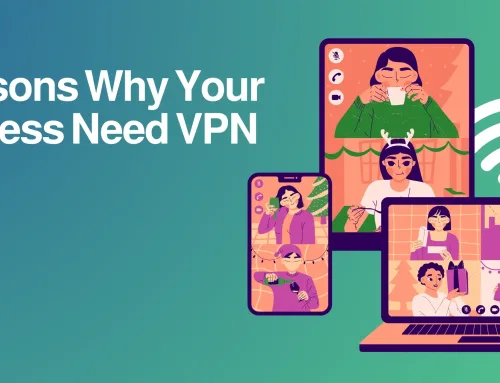In today’s technologically advanced world, almost everybody has access to a smartphone. In fact, these devices are used in every aspect of the modern world.
This includes education, communication, entertainment, business, and even sports. With greater access to the internet with promotions like Cox cable plans, smartphone users are able to make use of a wide variety of features on this device. However, while smartphones are significantly beneficial today, they can also increase the threat of cybercrime.
With malware, hackers, and unwanted advertisers at an all-time high, it’s important to keep your device safe from data hacks and leaks. Here are the top 5 ways you can protect your smartphone against hackers, scammers, and unwanted advertisers.
Related: Hulu Keeps Crashing. Here is the complete guide to solve this
Avoid Using Public Wi-Fi
It’s impossible to imagine a life without the internet today. Therefore, free Wi-Fi can be found in public spaces like airports, libraries, shopping malls, and even cinemas.
While this service is both easy-to-use and convenient, it should be avoided when possible. This is because when you connect your smartphone to a public network, the chances of hackers and malware attacking it increases significantly.
Local hackers nearby can easily hack into your device when you use public Wi-Fi. In addition to this, you can never be sure of the settings of the public router. These could be potentially dangerous to your smartphone and could expose it to wider security threats.
Keep Your Smartphone Updated
One of the easiest ways to reduce the chances of malware attacks is to consistently update your smartphone. Regardless of the type of device you have, you will receive software upgrades frequently. These are meant to enhance your phone’s features and its functions.
However, increased security is one of the most important reasons why you should keep your device updated. Software updates are often equipped with the latest technology.
This has better chances of fighting off malware, hackers, and any suspicious activity. Moreover, advanced software updates can also allow you to block unnecessary advertisements on your smartphone.
Related: Get More Done: 7 Day Planners For Your Phone | Time For Knowledge
Don’t Give Out Personal Information Online
The internet can be a dark and dangerous place. There are millions of online users who could be hackers or spammers. Today, such users have found new ways to hack smartphones and steal data. Several victims receive phishing emails or calls that claim to be from banks.
Through these methods, hackers gain access to important and sensitive information. Therefore, it’s important not to give out information such as your banks account details, home address, and security PIN online.
This can lead to data hacks and misuse of important information. Apart from this, advertisers can also use this data to send you spam messages endorsing their products.
Download Only Verified Apps
App stores such as those in iPhones and Android phones have thousands of applications ranging from education, and entertainment, to healthcare and wellness. However, it’s important for your o to be careful when downloading such applications.
Many applications can gain access to your data without your knowledge. They can use your information without your permission and acquire personal information. Thus, it’s always a good idea to go through eh terms and conditions of an application before downloading it.
A large number of apps today are transparent about the use of cookies and data collection. However, it’s always better to download apps that are verified. This significantly reduced the risk of malware attacks.
Always Protect Your Smartphone with a Password
Today, a large number of smartphone users already protect their devices with a password. However, there are many people who still don’t.
This is one of the basic ways you can enhance your phone’s security and reduce the chances of malware and virus attacks. If your device isn’t password-protected, anybody can gain access to it.
This can threaten all your information and data on your device. In order to sufficiently protect your phone, make sure you use a strong password. This should have both upper and lower letters along with special characters.
Additionally, make sure you don’t use simple combinations like “1234” or “abcd”. Moreover, don’t include your name or phone number in your password. This can make it easier to guess and can increase the chances of data hacks.










